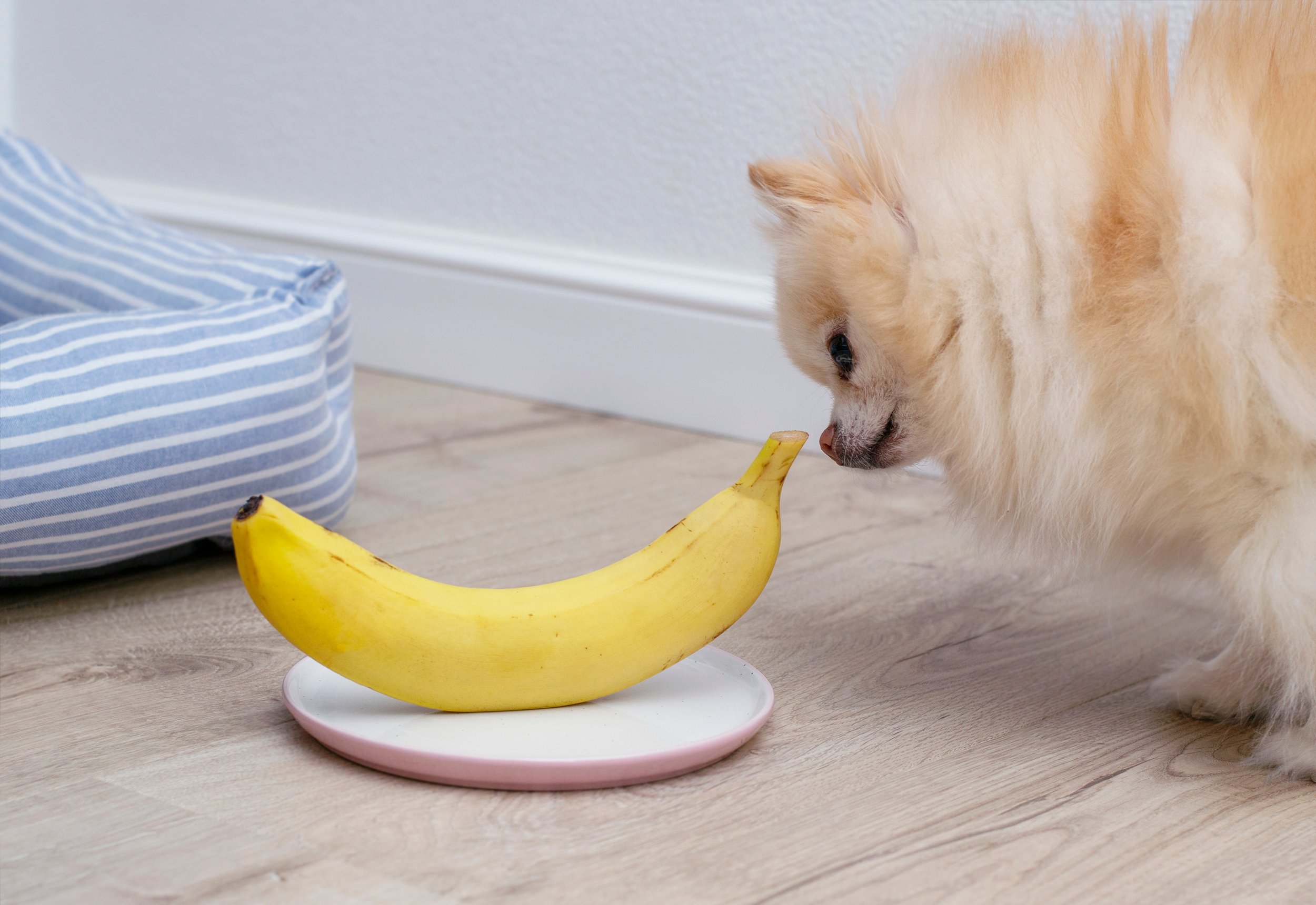Can Dogs Eat Bananas? A Complete Guide to Safe Household Foods for Your Dog
We all love sharing snacks with our dogs, but it’s important to make sure what we’re giving them is safe. Bananas are a popular snack for us, but what about for our pups?
Can Dogs Eat Bananas?
Yes, dogs can eat bananas! They’re actually a healthy snack when given in moderation. Bananas are full of good stuff like potassium, fiber, and vitamin C, which can help with digestion and give your dog a little immune boost.
However, because they’re high in sugar, it’s best to only give your dog small amounts. Too much banana can upset their stomach or even cause them to gain weight.
How to Feed Bananas to Your Dog:
Always peel the banana first since the peel can be hard for dogs to digest.
Slice it up into small pieces or mash it and mix it into their regular food.
Start with a small amount and see how your dog reacts.
Other Household Foods Dogs Can Eat
If your dog likes bananas, they might enjoy these other safe and healthy treats too:
Carrots:
Carrots are low in calories, high in fiber, and great for your dog’s teeth. Just cut them into small pieces to avoid any choking risks.
Apples:
Apples are a good source of vitamins A and C, but make sure you remove the seeds and core because they can be harmful.
Blueberries:
Blueberries are packed with antioxidants and are a great low-calorie treat for your dog. They’re perfect for training rewards too.
Pumpkin:
Whether fresh or canned (just make sure it’s plain and unsweetened), pumpkin is awesome for digestion and can help if your dog has an upset stomach.
Sweet Potatoes:
Cooked sweet potatoes are packed with fiber and vitamins. They’re great for digestion and can be served mashed or in small chunks.
Foods to Avoid Giving Your Dog
Not all foods are safe for dogs, though. Here are some common foods you should never give your dog:
Chocolate:
Chocolate can be toxic to dogs and cause everything from vomiting to seizures. Dark chocolate is especially dangerous.
Onions and Garlic:
These can mess with your dog’s red blood cells and lead to anemia, even in small amounts.
Grapes and Raisins:
Grapes and raisins can cause kidney failure in dogs, so it's best to keep them away from these.
Nuts (Especially Macadamia Nuts):
Some nuts, like macadamia nuts, can cause vomiting, muscle tremors, and other issues in dogs.
Xylitol (Artificial Sweetener):
This is often found in sugar-free gum, candy, and baked goods, and it’s extremely toxic to dogs. It can cause liver failure and even death.
How to Safely Introduce New Foods to Your Dog
If you want to try a new food with your dog, start slow. Give them a small amount and keep an eye on them for any signs of discomfort like vomiting, diarrhea, or changes in behavior. If something seems off, stop giving that food and consult your vet.
And remember, treats and human foods shouldn’t replace a healthy, balanced dog food diet. If you're ever unsure whether a certain food is okay for your dog, it’s always best to check with your vet.
Bananas are a great treat for dogs when given in moderation, and there are plenty of other household foods that are perfectly safe for your pup. Just make sure to avoid the dangerous ones, and always monitor your dog’s reactions when trying something new. Keep your dog’s diet healthy and balanced, and they’ll enjoy all the tasty, safe treats you share with them!
